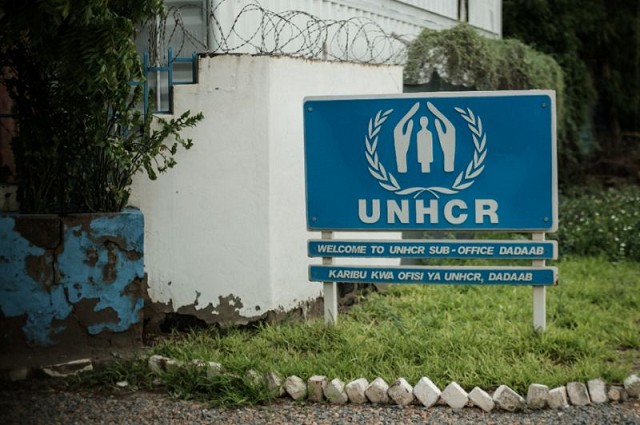
Pakistan has called on the UN Human Rights Council (HRC) to shift its attention to economic, social, and cultural rights instead of "disproportionately" focusing on human rights situations in developing countries.
"The council and human rights mechanisms should also address historical and current phenomena, such as racial discrimination, xenophobia, social inequalities, Islamophobia, and hate crimes," Ambassador Munir Akram said in a discussion on the future of the Geneva-based council.
"While some situations are prominently projected and amplified at the HRC, other, more serious situations, like Jammu & Kashmir, are ignored," he said, underscoring the need to avoid double standards in addressing rights situations at the UN.
The 47-member council, armed with more powers, was created in 2006 following the failures of its predecessor -- the 1946 Human Rights Commission.
"Today, the HRC is also the target of serious criticism and suffers from many of the same deficits as the commission. This is particularly due to the council's political biases, selective and partial approach, and structural issues, which seriously jeopardize its credibility.
"There is a greater emphasis on civil and political rights, while economic, social, and cultural rights — as well as the right to development — receive less attention," Ambassador Akram told participants.
Read also: UN rights body condemns ‘harassment, detentions’ of PTI leaders ahead of polls
He noted that the council's agenda has been overloaded with some subjects that should be dealt with by the UN's specialized agencies.
"There is a concerted effort by Western countries to impose norms that are clearly incompatible with the national laws and cultures of other countries, such as those related to sexual orientation and gender identity," the Pakistani envoy said, pointing out that some of its mechanisms as well as the Office of the High Commissioner for Human Rights are largely staffed by nationals from developed countries.
"There is a need to rationalize the entire human rights structure — the agenda, meetings and special sessions, mandate holders and the High Commissioner's Office."
Pakistan, he said, believes that the promotion of human rights is a shared responsibility that can only be achieved through an objective, transparent, non-selective, constructive, non-confrontational, and non-politicized manner.
"There is a need to strengthen cooperation, technical assistance, and support to the developing states on human rights issues at their request, in a non-confrontational and cooperative manner," he added.



1725967717-0/Untitled-design-(3)1725967717-0-165x106.webp)

1730564373-0/Express-Tribune-Web-(19)1730564373-0-270x192.webp)
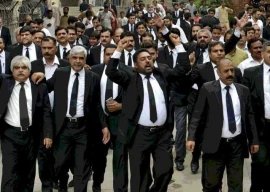
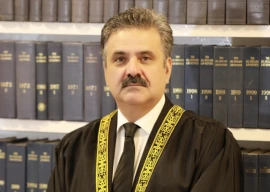
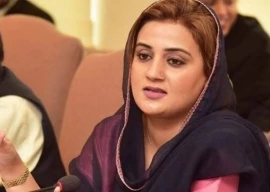

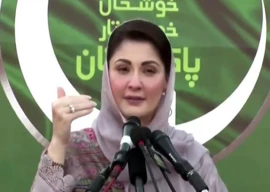
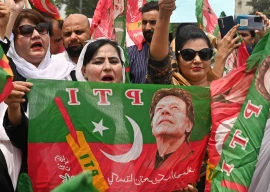
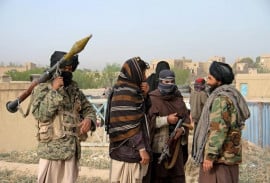







COMMENTS
Comments are moderated and generally will be posted if they are on-topic and not abusive.
For more information, please see our Comments FAQ